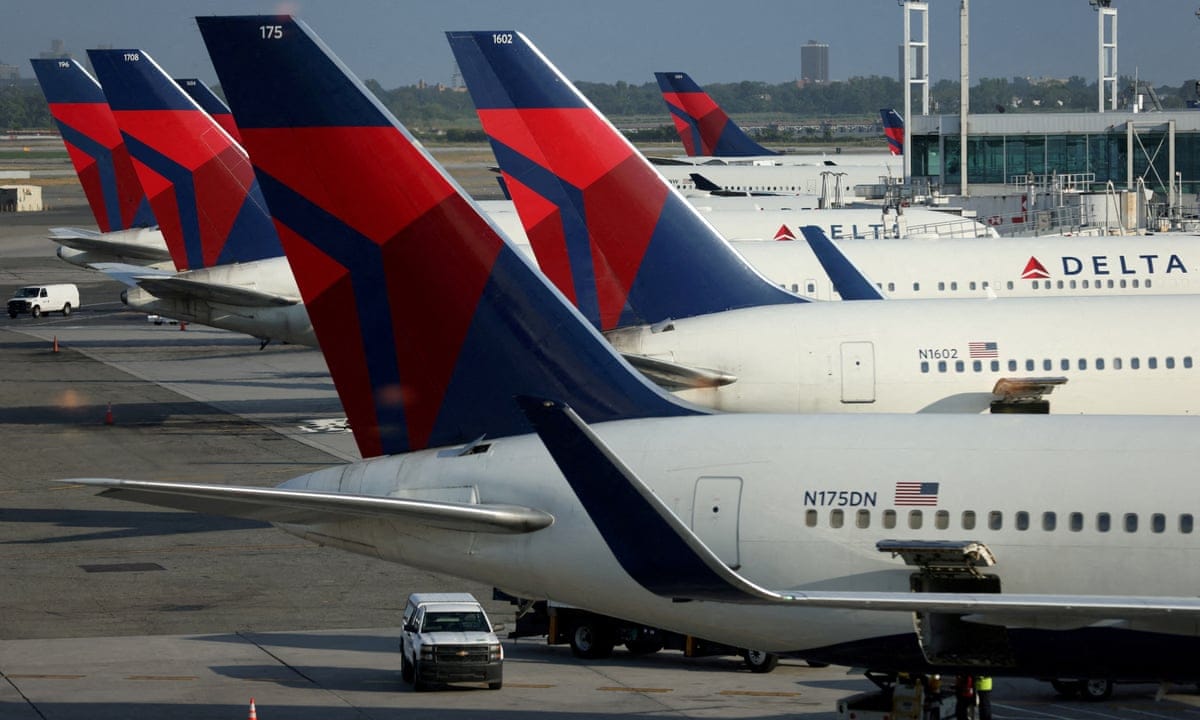A former flight attendant at Delta Airlines has taken legal action against his employer after being terminated for supporting a unionization effort while also alleging sexual assault during training sessions by another employee. In the complaint filed recently, Nejat claimed that despite company policies promoting open communication about concerns like discrimination and harassment—an approach he says is "overwhelmingly present" in such discussions at Delta—his comments advocating for unionization led to retaliation.
During his training ceremony, Nejat alleges that a colleague named Miller made unwanted physical contact during the event by touching him without consent while inspecting new hires' uniforms and also touched other male flight attendants similarly inappropriately—actions described as making others feel violated. He shared these experiences on social media, which according to his lawsuit led Delta not only failing but actively retaliating against Nejat by suspending him for advocacy related to unionism without providing an explanation beyond stating a general intolerance towards such conduct.
The case sheds light onto the broader issue of sexual harassment and worker rights within industries, where labor organizations like his are often suppressed or discouraged by corporate entities with anti-union sentiments—a concern voiced in Congress due to its impact on employees' voices for fair treatment. The lawsuit emphasizes Nejat’s experience as an example of the potential misuse and abuse of power within Delta Airlines, further amplifying calls from labor groups demanding accountability across industries including aviation where sexual harassment is often underreported due to fear or lack of support for union representation.
Nejat's lawsuit reflects not only his individual struggle but also raises broader questions about the balance between corporate interests and employees’ rights, with advocates urging more transparency from Delta regarding their handling (or mismanagement) of such sensitive issues—a call for a workplace culture where workers feel safe to speak out without fearing retribution. The case underlines how companies can actively suppress dissent or criticisms among employees and the importance, as suggested by Nejat's words, that speaking up serves not only personal justice but also empowers others in similar situations to voice their experiences against harassment openly—a cause crucial for workplace safety.
The airline has denied these allegations with a statement stating its stance on non-toleration of such actions as retaliation or harassment, yet Nejat's claims persistently point to the need for stronger action against any form of discrimination and abuse in corporate environments. His story brings forward an urgent conversation about employees’ rights within organizations like Delta Airlines where he argues there are strict power dynamics that favor management over workers—a sentiment shared by many labor union members advocating their own struggles for fairer conditions across various industries, including aviation and beyond.
Read next

Ryanair plane had only six minutes of fuel upon Manchester landing, records show
Flight Narrowly Avoids Disaster After Storm Diversion
An inquiry has been launched after a Ryanair flight, struggling against severe winds during storm Amy last week, landed at Manchester Airport with only six minutes’ worth of fuel remaining.
The aircraft had been transporting passengers from Pisa, Italy, to Prestwick, Scotland, on

"Qantas customer data for 5 million exposed as hackers release info post-ransom deadline"
Hackers Leak Personal Data of 5 Million Qantas Customers on Dark Web
A cybercriminal group has released personal records of 5 million Qantas customers on the dark web after the airline did not meet their ransom demand.
The breach is part of a larger global incident affecting over 40 companies,

Investors flee record-high UK stocks as EU set to hike steel tariffs
Investors Withdraw Record Sums from Equity Funds Amid High Market Valuations
Data reveals that investors in the UK have withdrawn an unprecedented amount of money from equity funds over the past three months, driven by concerns over soaring stock market valuations.
According to the latest figures from Calastone, the largest

